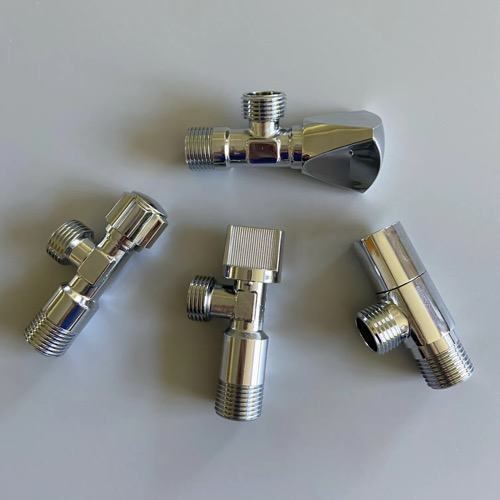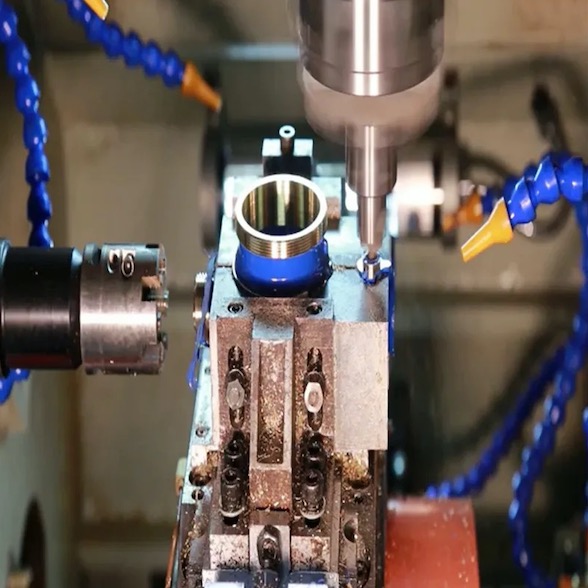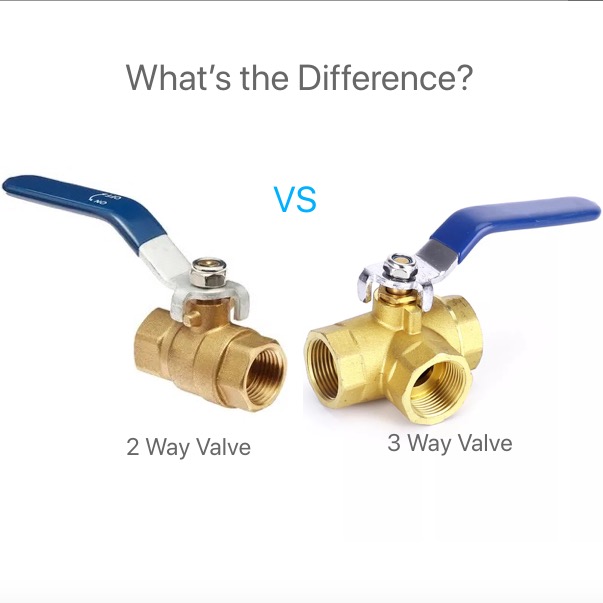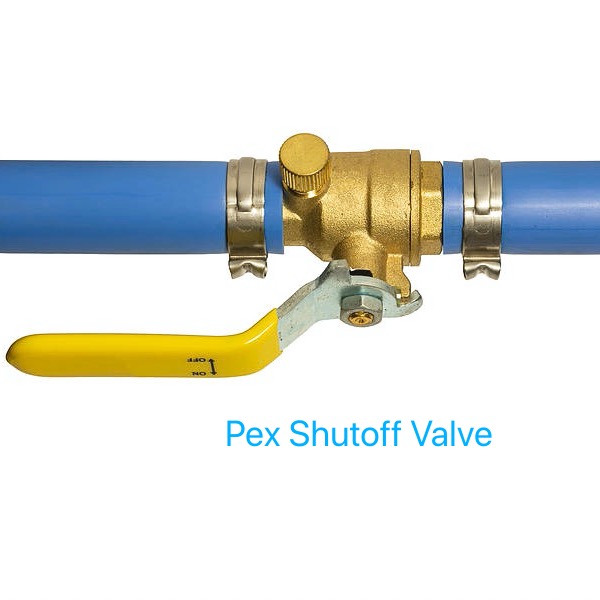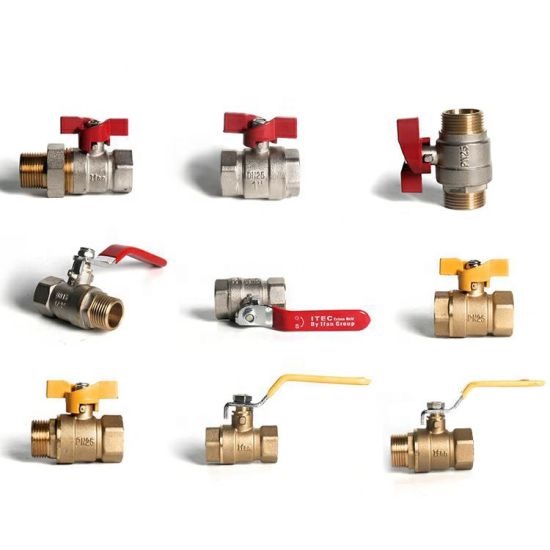Brass ball valves are a crucial component in various industrial and residential applications, particularly in plumbing, heating, and gas systems. With their reliable performance and numerous advantages, brass ball valves are widely regarded as one of the best choices for managing the flow of fluids and gases. But why exactly is brass so important in these systems? Let's break it down and explore the key reasons why brass ball valves are vital for plumbing, heating, and gas system applications.
The importance of brass ball valves lies in their durability, versatility, and reliability, which make them indispensable in the successful operation of plumbing, heating, and gas systems.
Brass ball valves are not just important because of their material; they also serve specific roles that ensure the safety, efficiency, and longevity of plumbing, heating, and gas systems. In this article, I will take you through the different applications of brass ball valves and explain why they are preferred for these critical systems.
What is the use of brass ball valve in plumbing and heating system?
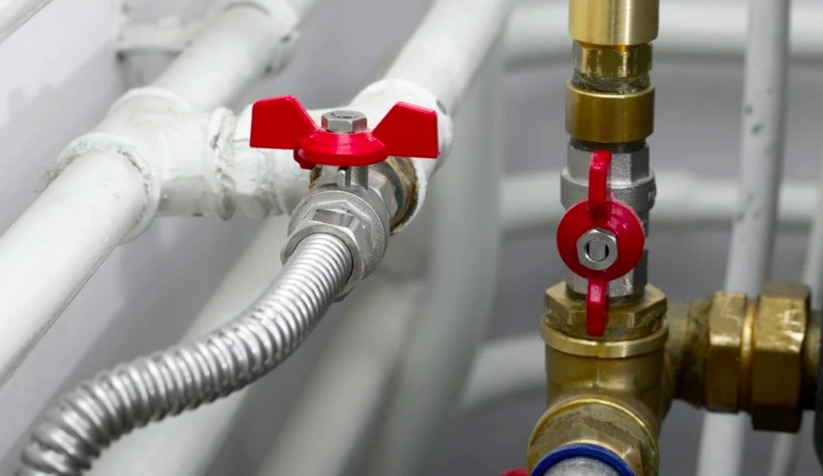
Brass Water Valve in Plumbing Pipeline System
Brass ball valves are commonly used in both plumbing and heating systems due to their ability to control the flow of water and heat transfer efficiently. In plumbing systems, they regulate the flow of water in pipes, while in heating systems, they control the water or fluid flow, ensuring that the temperature remains consistent.
Brass ball valves are crucial in plumbing and heating systems because they offer a reliable and durable way to control water flow and ensure the effective operation of heating circuits.
Key Uses in Plumbing and Heating
- Water Flow Control: Brass ball valves are used to control the flow of water in residential and commercial plumbing systems.
- Temperature Regulation: In heating systems, these valves help manage the circulation of hot water, ensuring proper heat distribution.
- Shut-off Capabilities: Brass ball valves provide easy shut-off capabilities, which are essential during maintenance or repair work.
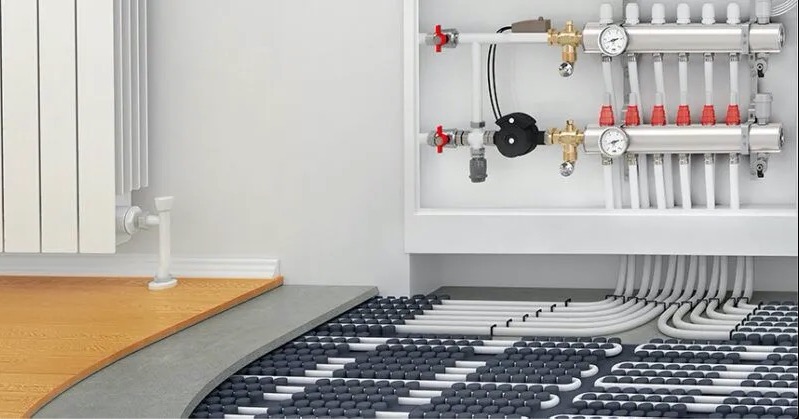
Brass Ball Valve in Heating System
In plumbing systems, brass ball valves are ideal for controlling the flow of water because of their ability to provide a tight seal. This ensures that the water doesn’t leak out, even under high pressure. The durability of brass makes it perfect for withstanding the demands of everyday use, particularly in environments where constant pressure fluctuation is common. Similarly, in heating systems, brass ball valves maintain the flow of hot water or other heating fluids at consistent temperatures, preventing fluctuations that could lead to inefficiencies or system malfunctions. The quick operation of brass ball valves, often with just a quarter-turn, makes them highly functional when swift action is required, such as shutting off the heating system during emergencies.
Can you use brass valve for gas?

Brass Gas Valve in Gas System
Yes, brass ball valves are commonly used for gas systems, especially in residential and commercial gas installations. Gas systems require valves that provide secure, leak-free performance under high pressure. Brass is a material that meets these requirements, which is why it's often used in gas pipelines, gas meter connections, and other gas-related applications.
Brass ball valves are ideal for gas systems because they offer excellent sealing and are resistant to corrosion, making them safe and reliable in gas installations.
Why Brass is Used for Gas Systems
- Leak Prevention: Brass ball valves provide excellent sealing capabilities, preventing gas leaks, which is crucial for safety.
- Corrosion Resistance: Brass is highly resistant to corrosion, which is important when working with gas that could otherwise cause degradation of the valve over time.
- Safe Performance: Brass ball valves are designed to withstand high pressures, which is essential for gas applications where pressure fluctuations are common.
Gas systems require the highest level of safety because even the smallest leak can be catastrophic. Brass ball valves offer a robust solution for gas pipelines and other systems. The material’s inherent resistance to corrosion ensures that the valves maintain their integrity over time, even when exposed to harsh chemicals present in natural gas or LPG. Moreover, the design of brass ball valves ensures a tight seal, preventing leaks, which is paramount in a gas system. Whether it's used in residential settings or industrial applications, brass ensures that gas remains securely contained within the pipeline, minimizing the risk of hazardous situations.
What type of valve is used for gas?
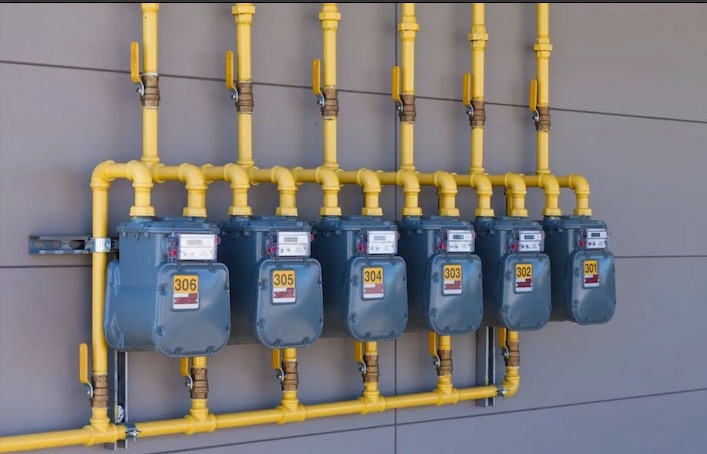
Gas Valve Types
Several types of valves are used in gas systems, but the most common are ball valves, gate valves, and globe valves. Among them, ball valves are the most frequently used for gas applications due to their ease of operation, compact design, and leak-proof sealing.
Ball valves are preferred for gas systems because of their simple quarter-turn mechanism, which ensures fast shut-off and minimal leakage.
Types of Valves for Gas Systems
| Valve Type | Usage | Key Feature |
|---|---|---|
| Ball Valves | Controlling the flow of gas | Leak-tight operation and quick on/off control |
| Gate Valves | Fully open or fully closed valve needed | Minimal resistance to flow |
| Globe Valves | Throttling applications | Precise control of gas flow |
For gas systems, ball valves are favored due to their simplicity and efficiency. Unlike other valves, such as globe valves, which require multiple turns to operate, ball valves use a simple quarter-turn mechanism, allowing for quick shut-off and fast operation. This is crucial in gas systems where quick action is needed to stop the flow in case of emergencies. Furthermore, the robust design and material of brass ball valves ensure that they can withstand high pressures, making them ideal for gas pipelines where pressure can fluctuate. Ball valves also offer excellent leak prevention, a critical safety feature in gas systems where even a minor leak can have severe consequences.
Why Brass?
1. Durability and Longevity
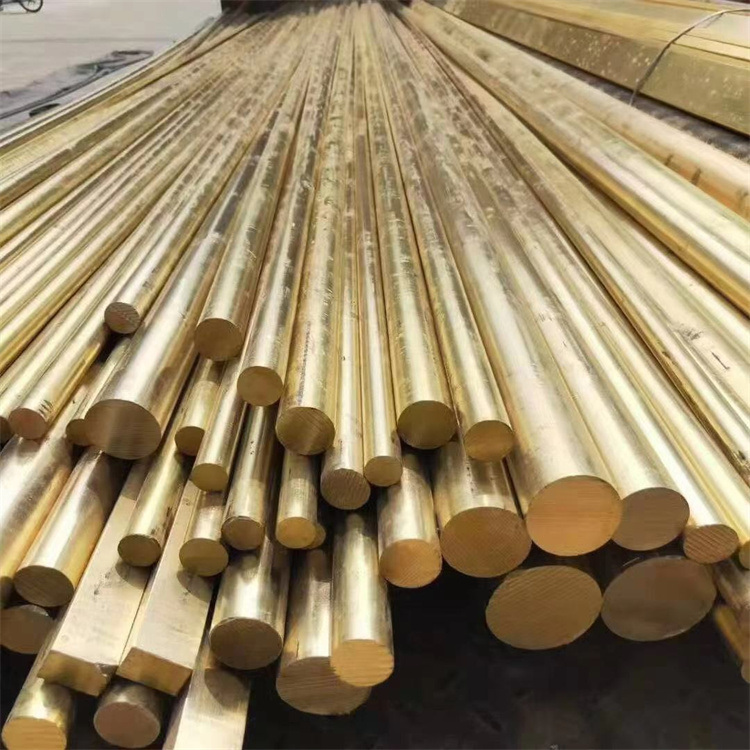
Brass Valve Raw Material
Brass offers several key advantages that make it the go-to material for ball valves in plumbing, heating, and gas systems. These advantages revolve around the material's durability, strength, and resistance to wear and corrosion.
Brass ball valves are durable and long-lasting, able to withstand high pressures, temperatures, and harsh conditions.
Corrosion Resistance
Brass is highly resistant to corrosion, especially when exposed to water or gas systems that could otherwise cause rust and deterioration. This makes brass ball valves ideal for long-term use in plumbing, heating, and gas systems without worrying about material degradation.
Strength
Brass offers robust mechanical strength, making it capable of withstanding high-pressure environments without failing or deforming. This is essential in systems like gas pipelines, where maintaining pressure is crucial.
Wear Resistance
Brass also performs well in environments with frequent mechanical wear, ensuring that the valve continues to operate smoothly for a long period without needing frequent replacements or repairs.
2. Versatility
Brass ball valves are widely used across various applications, from residential plumbing to industrial gas systems, due to their versatility.
The compatibility of brass with various materials and its suitability for different systems make it a highly versatile choice for a wide range of applications.
Widely Used
Brass ball valves are commonly found in water supply lines, heating systems, and gas pipelines. They can be used in both residential and commercial systems, providing a universal solution for many fluid control needs.
Material Compatibility
Brass is compatible with other common piping materials like copper, plastic, and steel, ensuring that it can fit seamlessly into various system setups.
3. Reliability in Operation
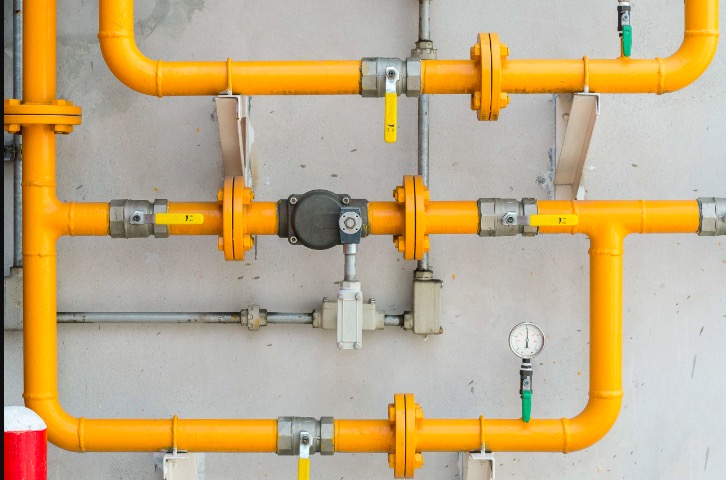
Brass Valve Used in Gas System
One of the most important features of brass ball valves is their reliability in operation. These valves provide excellent sealing and fast, efficient operation, which is crucial in plumbing, heating, and gas systems.
Brass ball valves are highly reliable because of their ability to maintain a leak-tight seal and quick shut-off, even in demanding environments.
Leak Tightness
Brass ball valves are designed to offer excellent sealing capabilities, ensuring that there is no leakage in the system, which is especially important in gas and heating applications.
Quarter-Turn Operation
The simple quarter-turn mechanism of brass ball valves ensures quick and reliable operation, which is vital in situations requiring fast shut-off or adjustment.
4. Thermal Conductivity
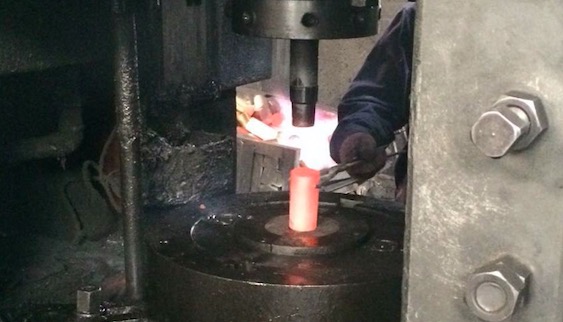 Brass Fittings Forging
Brass Fittings Forging
Brass has excellent thermal conductivity1, which makes it a great material for heating systems where efficient heat transfer2 is necessary.
Brass ball valves are ideal for heating applications because of their ability to efficiently transfer heat and withstand high temperatures.
Heat Transfer
The good thermal conductivity of brass ensures that heat is transferred efficiently through the system, making it highly effective in heating systems.
Temperature Resistance
Brass can withstand a wide range of temperatures, both hot and cold, making it suitable for both heating and plumbing systems.
Conclusion
Brass ball valves are essential in plumbing, heating, and gas systems due to their durability, reliability, and versatility. Their ability to resist corrosion, withstand high pressures, and provide leak-tight performance makes them a top choice for fluid and gas control. Any question or inquiry, welcome to CONTACT VPEXCO






